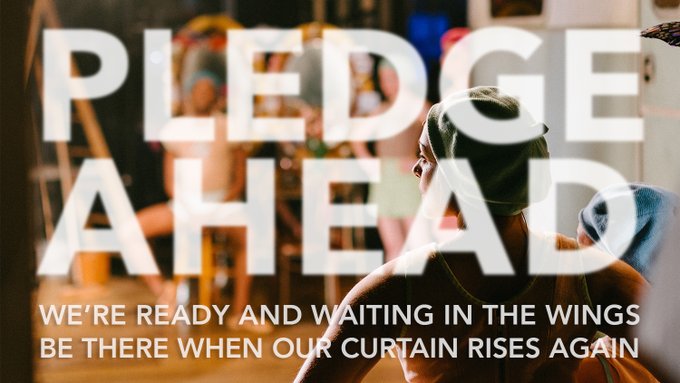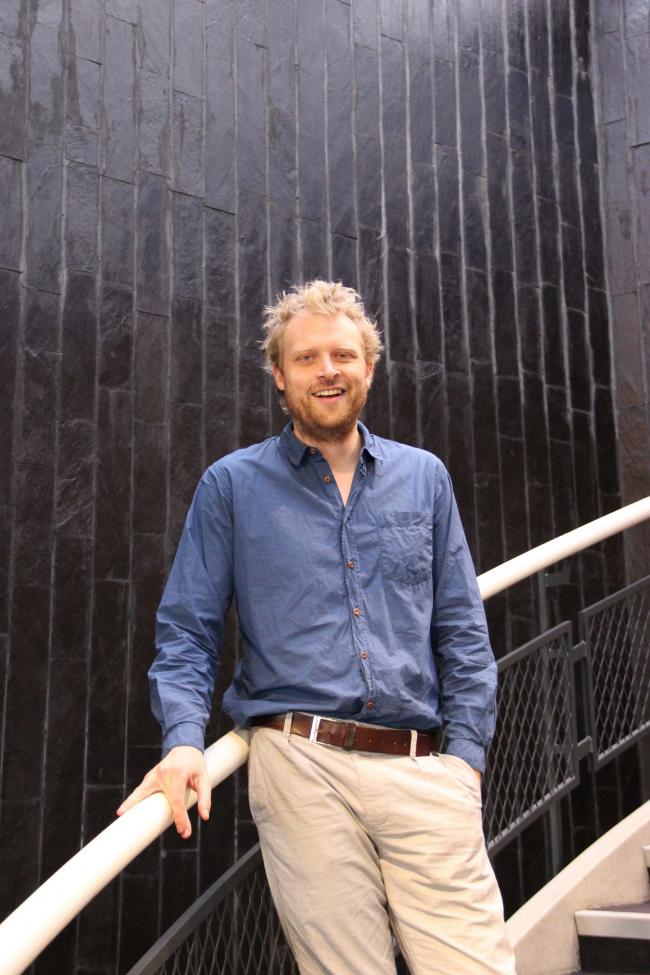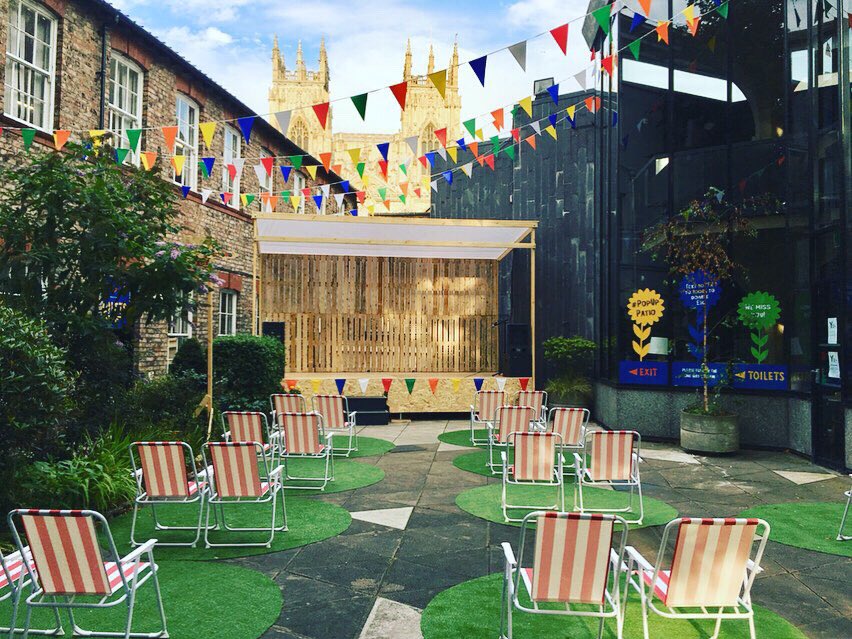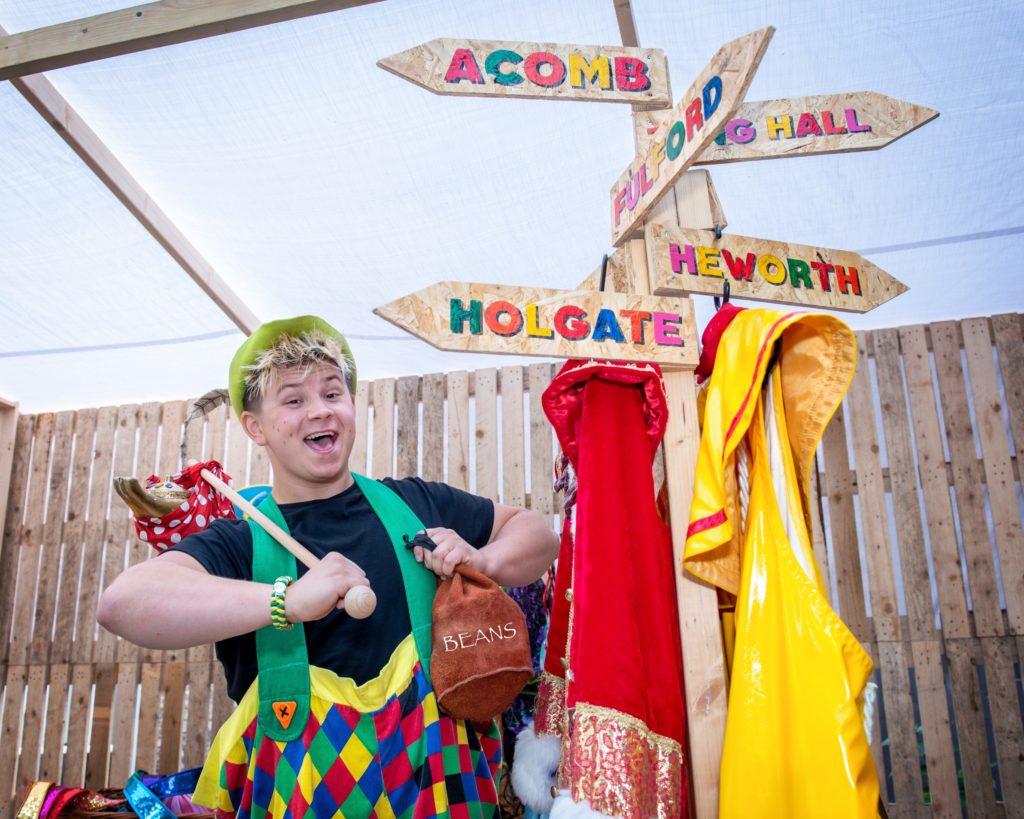
YORK Theatre Royal is launching Pledge Ahead, an initiative that asks audiences and the wider community for financial support, seven deeply wounding months into the Coronavirus arts crisis.
The pledge will take the form of buying vouchers that can be exchanged later for theatre tickets once the still-closed building re-opens. More details can be found at yorktheatreroyal.co.uk.
Launching the scheme, executive director Tom Bird said: “Lots of people have been asking what they can do to help the theatre at this critical time.
“By pledging ahead, our audiences can continue to support us while our building is closed and look forward to using their vouchers as soon as we are able to re-open our doors and welcome everyone back.”
The plea comes “at this critical time” when the Theatre Royal has revealed it has cut its permanent staff by one third – seven voluntary redundancies and nine staff made redundant – after extensive consultations.
In a further cost-cutting measure, the Theatre Royal also has confirmed it will not be renewing its lease of the neighbouring De Grey Rooms, home to rehearsals, workshops, staff offices and the below-stairs costume store, as well as weddings, parties, award ceremonies and performances in the glorious ballroom.

The “hand-back” will be completed this week after 11 years of renting the Grade 2-listed neo-classical Victorian building from York Conservation Trust.
The costume hire business will be re-located and will re-open in January; further announcements are awaited on exactly where, along with long-term plans for rehearsals, workshops and staff rooms once the Theatre Royal can re-open.
Bird said: “We have been forced to take some very difficult cost-saving decisions. It has been a devastating time for everyone involved but the theatre will survive and we are now looking ahead and planning for the future.”
Along with the redundancies, many more staff have taken cuts in hours and wages, to ensure the theatre survives, and the Government’s soon-to-disappear furlough scheme has played its supportive part too.
However, 89 per cent of York Theatre Royal’s annual income is generated through selling tickets and from associated revenue streams, such as the bars and café, from the tens of thousands of people who come through the doors of a theatre that underwent a £6.1 million redevelopment completed in 2016.
The Theatre Royal – the longest-running theatre in England outside London – reopened on April 22 that year with a new roof, an extended and re-modelled front-of-house area and a refurbished, reconfigured and redecorated main auditorium, with major improvements to access and environmental impact too.

Since the Covid-enforced closure in March, the Theatre Royal has reduced its costs “significantly”, the redundancies being the most draconian step so far.
“Like almost everywhere in British theatre, we have sadly had to reduce our team in order for the Theatre Royal to survive and provide a theatre for the community.
“There was zero ambiguity that it might have to happen, but all theatres are in this situation and I’m pleased that we have not closed any department, so we maintain producing expertise across the staff.”
Since lockdown, performances have been restricted to a Pop-Up On The Patio festival of 12 shows by diverse York performers on the Theatre Royal terracing from August 14 to 29, with a maximum audience of 35 at each show.
Cinderella shall not go to the ball this winter on the main stage, but instead the Theatre Royal and new pantomime partners Evolution Productions have announced the Travelling Pantomime, starring York magician, panto comic turn, actor and children’s entertainer Josh Benson.
The dates are yet to be announced, but the small-scale tour will visit sports centres, social clubs, halls and community centres in all 21 wards in York in December and January.

At each socially-distanced, Covid-secure performance, the audience will vote whether to watch Aladdin, Jack And The Beanstalk or Dick Whittington, all scripted by Evolution director and producer Paul Hendy and directed by Theatre Royal associate director Juliet Forster.
Meanwhile, the Theatre Royal expects to learn on Monday (October 5) whether its bid for a grant from the Government’s £1.57 billion Culture Recovery Fund has been successful…or not.
The theatre received £196,493 from Arts Council England’s Emergency Fund to help to cover July to September 30’s costs, and the latest grant application is “not a million miles from that figure,” confirmed Bird.
“The problem with an old building that’s so huge and hard to heat is that it costs £475,000 a year just to keep it open, without staffing, to cover heating, lighting, water and safety.
“Under Covid restrictions, things like the patio season and Travelling Pantomime are our direction of travel right now.

“It’s been brilliant to have done the patio shows and we’re totally over the moon with how that went; it was terrific giving local artists the chance to perform. Now we’re looking at further options for outdoor shows in York until it’s viable and safe to be back indoors.
“But we’re always mindful of the risk of a local lockdown, and the main task is to safeguard the future of the theatre and that’s going well but it’s a big fight.”
The Culture Recovery Fund grant, if approved, would cover October to March 31. “It’s a little bit more about recovery this time,” says Bird. “Last time, the ACE grant was about ‘What do you need right now not to collapse?’.
“We have interpreted the guidance for a grant in the best way we can and we hope the Department of Culture, Media and Sport and the Arts Council will see fit to support us in the best manner possible.”
Today, by the way, is Creative Performance Protest Day, a rallying call to “to highlight the Government’s failure to support the performing arts sector throughout the Covid-19 pandemic”.
Trafalgar Square, London, at midday will be among the focal points of a campaign whose urgency has been heightened by Chancellor Rishi Sunak’s new Job Retention Scheme not accommodating freelance arts workers in its definition of “viable” jobs.

